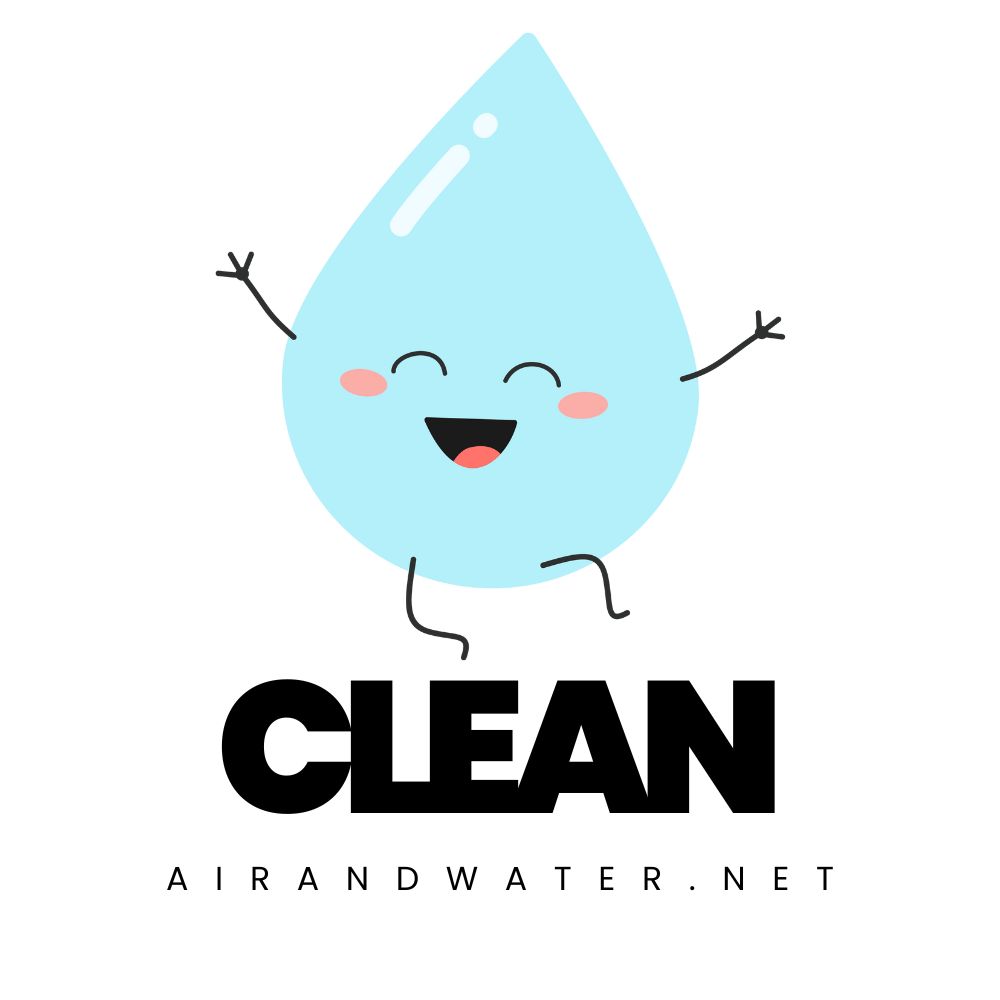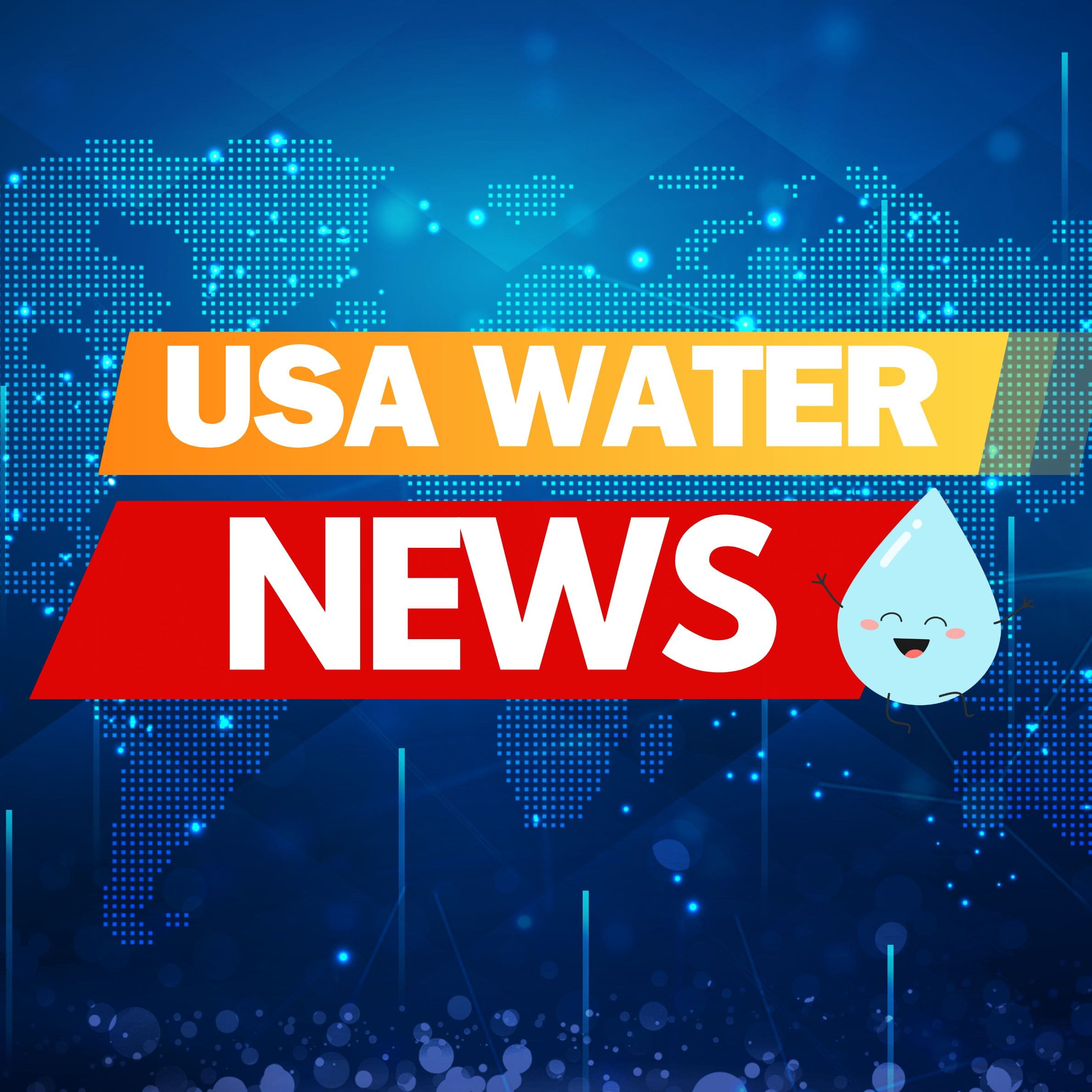Fort Worth Water Quality at a Glance
major concerns
Is Fort Worth Water Safe to Drink?
Generally Yes, With Significant Caution – Fort Worth water systems meet federal standards, but the city faces widespread PFAS contamination affecting 1.3 million residents. Additional concerns include chromium-6 at 2.7x above health guidelines and elevated disinfection byproducts. The North and South Holly water treatment plants exceeded EPA PFAS limits, and Fort Worth is implementing expensive activated carbon treatment systems by 2029.
⚠️ Key Concerns for Fort Worth Residents
- PFAS “Forever Chemicals”: North Holly Plant at 15.1 ppt PFHxS, South Holly at 13.8 ppt (above 10 ppt limit); serves 1.3 million people
- Chromium-6: Averaging 54 parts per trillion – 2.7 times higher than levels with negligible cancer risk
- Disinfection Byproducts: Total trihalomethanes 74x above EWG recommendations; haloacetic acids 73x above guidelines
- Legal Action: City suing military and chemical manufacturers for $420+ million to fund water treatment upgrades
Read the full report below for detailed analysis, city-specific data, and actionable recommendations for Fort Worth residents.
Fort Worth – Texas – Water Quality Report 2025: PFAS Testing, Infrastructure Concerns & Safety across your city
Fort Worth, the 11th-largest city in the United States, supplies water to over 1.3 million residents through the Fort Worth Water Department, which operates one of Texas’s most extensive municipal water systems. The department manages approximately 4,000 miles of water mains, multiple water treatment plants including the North Holly, South Holly, and newer Westside facilities, delivering more than 180 million gallons daily across the city and its service areas.
Fort Worth’s water comes primarily from surface water reservoirs including Lake Worth, Eagle Mountain Lake, and Lake Bridgeport, with raw water purchased from the Tarrant Regional Water District. However, Fort Worth faces significant water quality challenges in 2024-2025, including PFAS contamination exceeding EPA limits at its Holly treatment plants, elevated chromium-6 levels, and concerning disinfection byproducts that have prompted legal action seeking over $420 million for water treatment upgrades.

Fort Worth Water Quality: Current Status (2024-2025)
Latest Testing Results
- Lead Levels: The most recent testing period (January-December 2023) showed 90th percentile lead levels of 3.4 parts per billion (ppb), well below the EPA action level of 15 ppb, demonstrating effective corrosion control and modern infrastructure.
- PFAS Contamination: North and South Holly Water Treatment Plants exceeded EPA limits for PFHxS (15.1 and 13.8 ppt respectively, above 10 ppt limit), affecting water serving 1.3 million people in Fort Worth and surrounding areas.
- Compliance Status: While Fort Worth’s water meets most federal drinking water standards, PFAS violations require expensive activated carbon treatment systems to be implemented by 2029 under new EPA regulations.
Surface Water Challenges
- Multiple Reservoir System: Fort Worth draws water from Lake Worth, Eagle Mountain Lake, and Lake Bridgeport through the Tarrant Regional Water District, but surface water sources are vulnerable to “forever chemical” contamination.
- Treatment Limitations: Current treatment processes including coagulation, sedimentation, filtration, and chloramination are insufficient to remove PFAS and reduce disinfection byproducts to health-protective levels.
- Contamination Sources: PFAS contamination linked to military firefighting foam use at Naval Air Station Joint Reserve Base Fort Worth and Air Force Plant 4, prompting city lawsuit against Department of Defense.
Water Quality Concerns
- Chromium-6 Levels: Fort Worth’s drinking water averages 54 parts per trillion of hexavalent chromium, which is 2.7 times higher than levels with negligible cancer risk impact.
- Disinfection Byproducts: Total trihalomethanes levels are 74 times higher than Environmental Working Group recommendations, with haloacetic acids 73 times above health guidelines.
- Legal Action: City has filed lawsuits seeking over $420 million from manufacturers and the Department of Defense to fund water treatment infrastructure upgrades needed to address contamination.
Infrastructure Challenges
- Aging Infrastructure: Fort Worth has approximately 800 miles of outdated cast iron water mains prone to breaks, with the city replacing about 20 miles annually—requiring 40 years for complete replacement.
- Rate Increases: Water bills have increased by approximately $2.18 monthly to fund infrastructure improvements, with additional increases planned to address PFAS treatment costs.
- Treatment Upgrades: Fort Worth is implementing activated carbon filtration at Holly plants and considering additional treatment technologies to meet new EPA PFAS standards by 2029.
Conservation and Management
Fort Worth has reduced per capita water consumption through conservation programs and maintains year-round watering restrictions with twice-weekly schedules based on address. The city operates the Village Creek Direct Potable Reuse facility, which treats wastewater to drinking water standards, and continues diversifying water sources. However, addressing PFAS contamination and infrastructure upgrades remain the primary challenges for ensuring long-term water quality and safety for residents.
Recommendations for Fort Worth Residents
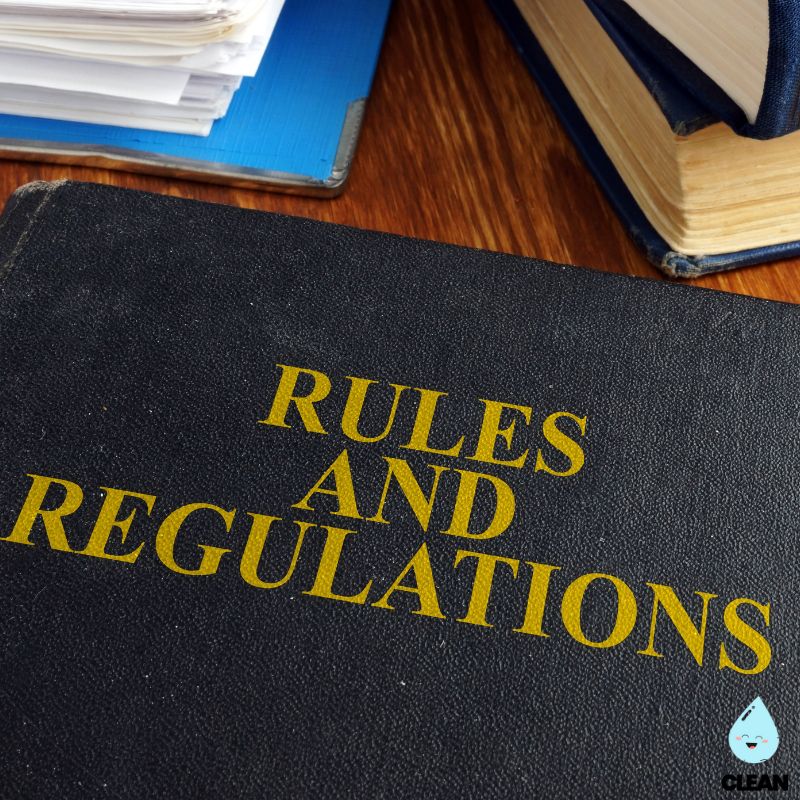
Consider Water Filtration
Given PFAS contamination and elevated disinfection byproducts, consider reverse osmosis or activated carbon filtration systems. These can remove PFAS, chromium-6, and disinfection byproducts that exceed health guidelines.

Stay Informed
Follow Fort Worth’s PFAS treatment progress and water quality updates at fortworth.com/water. Subscribe to notifications about planned infrastructure work and any changes to water quality in your area.

Test Your Water
Request free water quality testing by calling (817) 392-7431, especially for homes built before 1987. Consider independent testing for PFAS, chromium-6, and disinfection byproducts to understand your specific exposure levels.
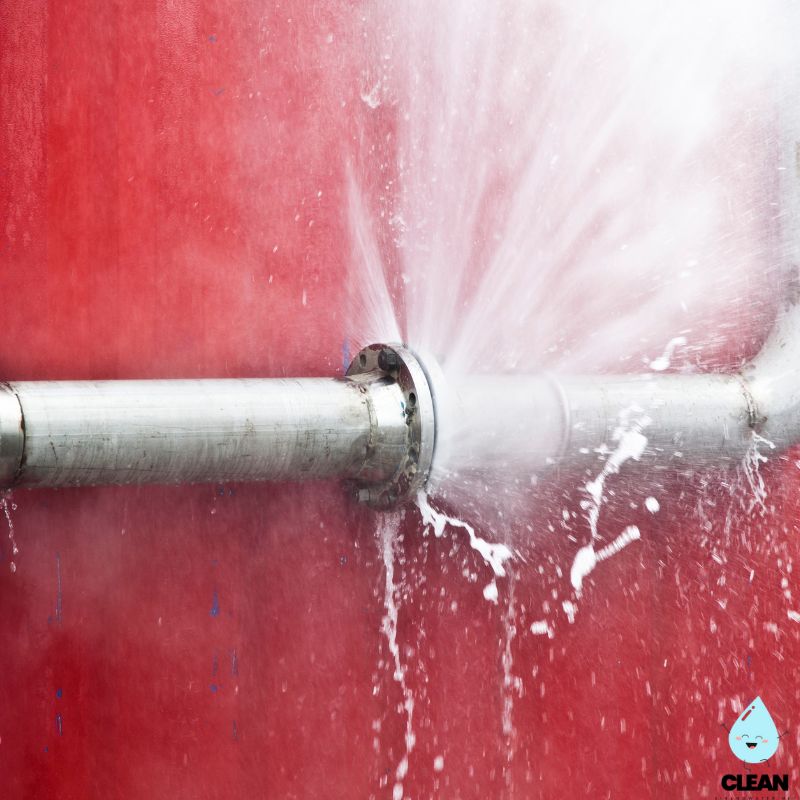
Report Issues
Report water main breaks, pressure issues, or quality concerns immediately to (817) 392-7413. Use the MyFortWorth app for quick reporting and receive updates on service interruptions in your area.

Follow Watering Rules
Adhere to Fort Worth’s twice-weekly watering schedule (based on address). Water between 8 PM and 10 AM to reduce evaporation, and never water on consecutive days. Check fortworth.com/water for current drought levels and restrictions.
Quality News About Your Water
Get the comprehensive water quality news coverage you need with our dedicated US Water News Service. From coast to coast, we deliver in-depth reporting and expert analysis on PFAS contamination, EPA regulatory changes, infrastructure developments, and emerging water safety issues affecting communities nationwide. While mainstream media only covers the biggest stories, we provide the detailed, ongoing coverage that helps you understand the full scope of America’s water challenges. Whether you’re a concerned citizen, water professional, or community leader, our daily updates and analytical insights keep you informed about the issues that matter most to public health and environmental safety.
Frequently Asked Questions
Is Fort Worth’s tap water safe to drink?
Fort Worth’s tap water meets most federal drinking water standards but has significant concerns. The city’s North and South Holly Water Treatment Plants exceed EPA PFAS limits, with PFHxS levels at 15.1 and 13.8 parts per trillion (above the 10 ppt limit). These “forever chemicals” serve 1.3 million people.
Additionally, chromium-6 levels average 54 parts per trillion (2.7 times higher than health-protective levels), and disinfection byproducts exceed health guidelines significantly. While legally compliant for most contaminants, many residents choose filtration given these health concerns. Fort Worth is implementing expensive treatment upgrades by 2029 to address PFAS contamination.
What is Fort Worth doing about PFAS contamination?
Fort Worth is taking multiple actions to address PFAS “forever chemicals” contamination:
• Treatment Upgrades: Installing activated carbon filtration systems at Holly treatment plants by 2029
• Legal Action: Suing Department of Defense and manufacturers for over $420 million to fund treatment upgrades
• Ongoing Monitoring: Regular PFAS testing and public reporting of results
• Industrial Controls: New policies restricting PFAS discharge from industrial sources into wastewater treatment
• Federal Funding: Seeking EPA grants and federal infrastructure funding to offset treatment costs
The city declined lower settlement amounts to pursue full compensation for long-term treatment costs.
What are Fort Worth’s current water restrictions?
Fort Worth maintains year-round conservation measures with additional restrictions during drought levels:
Normal Conditions (Current):
• Twice weekly watering based on address
• No watering between 10 AM and 8 PM
• No consecutive day watering
• Must use automatic shut-off nozzles
Drought Level Restrictions:
• Level 2 (Mild): Once weekly watering
• Level 3 (Moderate): Hand watering only
• Level 4 (Severe): Emergency conservation measures
Check fortworth.com/drought for current level and specific requirements. Violations can result in fines from $50 to $500.
Why does my water taste like chlorine sometimes?
Fort Worth uses both chlorination and chloramination for water disinfection to ensure safety throughout the distribution system. Chlorine taste or odor may be more noticeable:
• During summer months when higher disinfectant levels are needed
• After system maintenance or flushing activities
• In areas closer to treatment plants
• During high water demand periods
This is normal and does not affect safety. However, chloramination creates disinfection byproducts (trihalomethanes and haloacetic acids) that exceed health guidelines. To reduce taste:
• Refrigerate water in an open container for several hours
• Use activated carbon filtration for taste and health benefits
• Consider reverse osmosis systems for comprehensive contaminant removal
Contaminants of Concern

PFAS “Forever Chemicals”
Source: Military firefighting foam contamination from Naval Air Station Joint Reserve Base Fort Worth and Air Force Plant 4 affecting Lake Worth
Health Effects: Linked to cancer, developmental delays, reduced fertility, immune system effects, and liver damage with no safe exposure level
Current Levels: North Holly Plant: 15.1 ppt PFHxS, South Holly: 13.8 ppt PFHxS (both exceed 10 ppt EPA limit); affects 1.3 million people
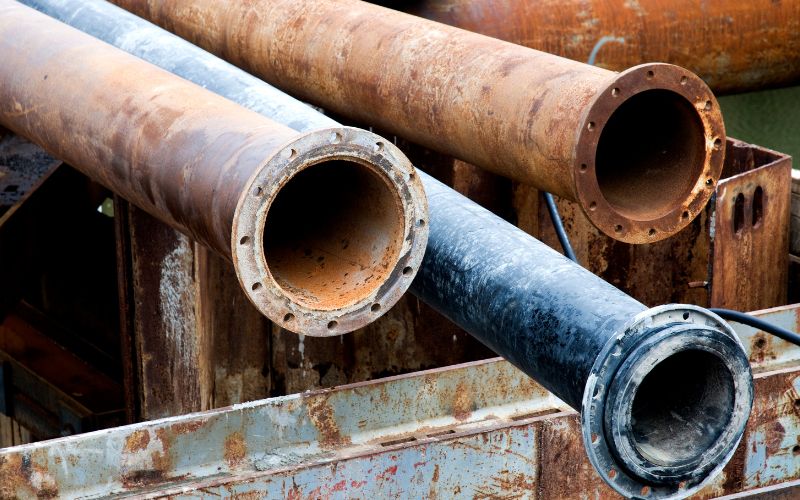
Chromium-6 & Disinfection Byproducts
Source: Hexavalent chromium from industrial sources; disinfection byproducts form when chlorine reacts with organic matter in surface water
Health Effects: Chromium-6 linked to cancer and organ damage; disinfection byproducts increase bladder cancer risk and reproductive issues
Current Levels: Chromium-6: 54 ppt (2.7x above health guidelines); trihalomethanes 74x above EWG recommendations; haloacetic acids 73x above guidelines
Please read – our information
The information presented on cleanairandwater.net is compiled from official water quality reports, trusted news sources, government websites, and public health resources. While we strive for accuracy and thoroughness in our presentations, we are not scientists, engineers, or qualified water quality professionals.
Our mission is to present water quality information in an accessible, real-world format that helps people understand what’s in their water and make informed decisions about their health and safety. We believe that complex environmental information should be available to everyone in a format that’s easy to understand.
We make every effort to ensure our content is current and accurate, but we cannot guarantee that all information is complete or error-free. This website should not replace official communications from your local water utility or health department. We always recommend consulting official sources for the most up-to-date information regarding your specific water system.
Clean Air and Water is not liable for any unintentional errors, omissions, or outdated information. The content on this site is provided for informational purposes only and should not be considered professional advice.
